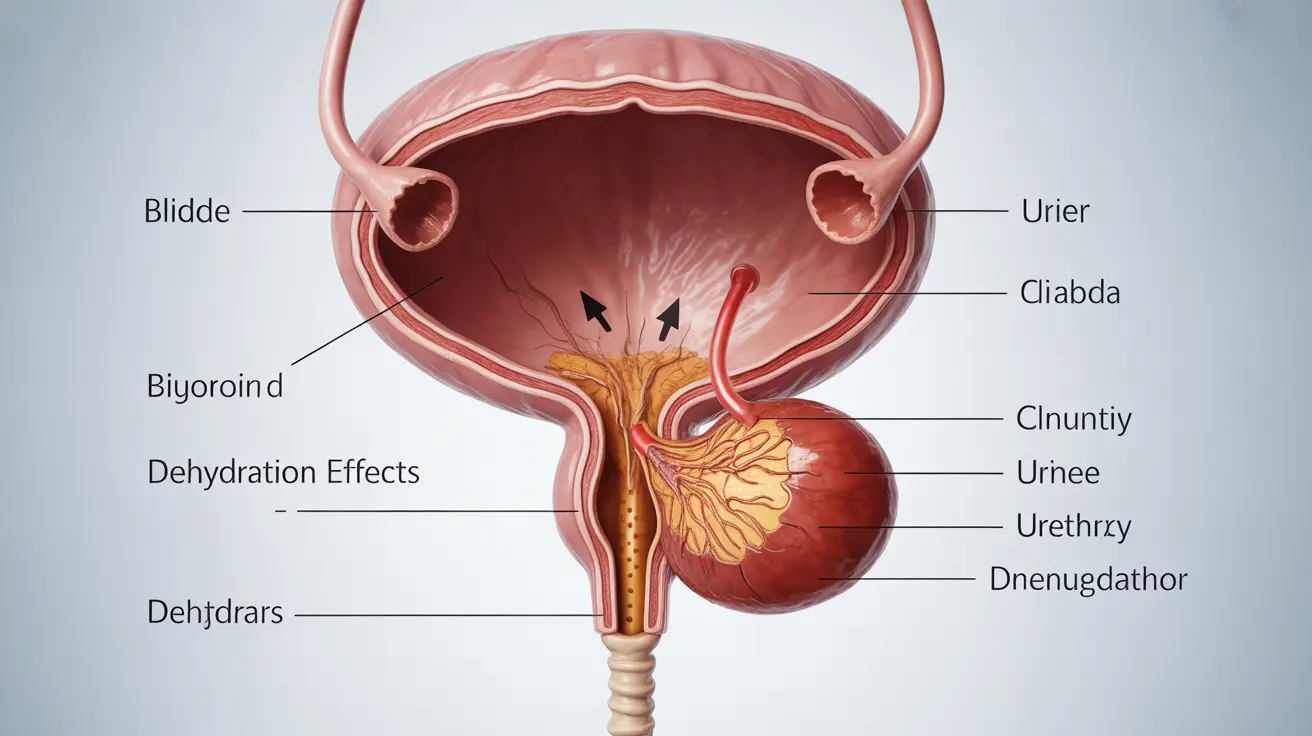Understanding the genetic aspects of brain tumors is crucial for individuals concerned about their family health history. While most brain tumors develop spontaneously, some cases are linked to inherited genetic factors that can increase a person's risk of developing these serious conditions.
This comprehensive guide explores the relationship between genetics and brain tumors, helping you understand hereditary risks, genetic syndromes, and when to consider genetic testing.
The Genetic Connection to Brain Tumors
Research shows that approximately 5-10% of brain tumors have a hereditary component. While this percentage is relatively small, understanding your genetic risk factors can be crucial for early detection and prevention strategies.
Most brain tumors occur sporadically, meaning they develop due to random genetic mutations rather than inherited genes. However, certain genetic conditions and family patterns can significantly increase the risk of developing specific types of brain tumors.
Common Hereditary Syndromes Associated with Brain Tumors
Several genetic syndromes are known to increase the risk of developing brain tumors:
- Neurofibromatosis Type 1 and 2 (NF1 and NF2)
- Von Hippel-Lindau Disease
- Li-Fraumeni Syndrome
- Tuberous Sclerosis Complex
- Lynch Syndrome
Each of these conditions has distinct characteristics and varying levels of brain tumor risk. For example, people with NF2 have a significantly higher chance of developing vestibular schwannomas, while those with Li-Fraumeni syndrome may develop various types of brain tumors.
Understanding Your Family History Risk
Having a first-degree relative (parent, sibling, or child) with a brain tumor can increase your risk, but the extent varies depending on several factors:
- Type of tumor in your family member
- Age at diagnosis
- Number of affected relatives
- Presence of other related health conditions
However, it's important to remember that having a family history doesn't guarantee you'll develop a brain tumor, just as having no family history doesn't mean you're immune to developing one.
Key Genetic Mutations
Several specific gene mutations have been identified as contributing to brain tumor development:
- TP53 gene mutations
- BRCA gene mutations
- IDH1 and IDH2 mutations
- EGFR gene alterations
- PTEN mutations
These mutations can be either inherited or acquired during a person's lifetime. Understanding which mutations are present can help healthcare providers determine the most effective treatment approaches.
The Role of Genetic Testing
Genetic testing can be valuable for individuals with:
- Multiple family members affected by brain tumors
- Brain tumors diagnosed at a young age
- Multiple different types of cancer in the family
- Known genetic syndrome in the family
The testing process typically involves consultation with genetic counselors who can help interpret results and provide guidance on medical management strategies.
Frequently Asked Questions
Is brain tumor risk hereditary and do brain tumors run in families?
Yes, brain tumors can be hereditary, though only about 5-10% of cases are linked to inherited genetic factors. Having a family history of brain tumors may increase your risk, particularly if multiple close relatives are affected or tumors occur at young ages.
What genetic syndromes or conditions are most likely to cause inherited brain tumors?
The most common genetic syndromes associated with brain tumors include Neurofibromatosis Type 1 and 2, Von Hippel-Lindau Disease, Li-Fraumeni Syndrome, Tuberous Sclerosis Complex, and Lynch Syndrome. Each syndrome carries different risks for specific types of brain tumors.
How much does family history or a close relative with a brain tumor increase my risk?
Having a first-degree relative with a brain tumor can increase your risk by 2-3 times compared to the general population. However, the actual risk varies depending on the type of tumor, age at diagnosis, and presence of other genetic factors.
What are the most common gene mutations linked to hereditary brain tumors?
The most common gene mutations associated with hereditary brain tumors include TP53, BRCA, IDH1/IDH2, EGFR, and PTEN mutations. These can be inherited or acquired and may influence tumor development and treatment response.
When should someone consider genetic counseling or testing for brain tumor risk?
Consider genetic counseling if you have multiple family members with brain tumors, were diagnosed at a young age, have multiple types of cancer in your family, or have a known genetic syndrome. A genetic counselor can help assess your risk and determine if testing would be beneficial.




